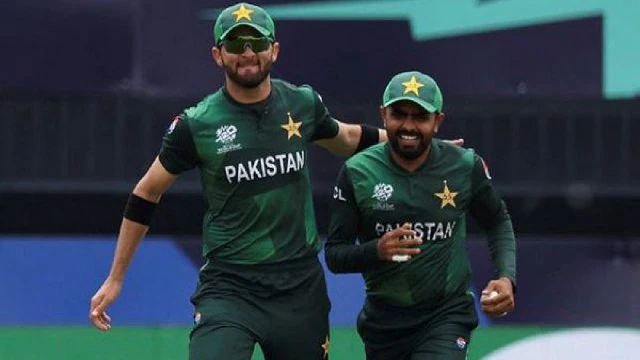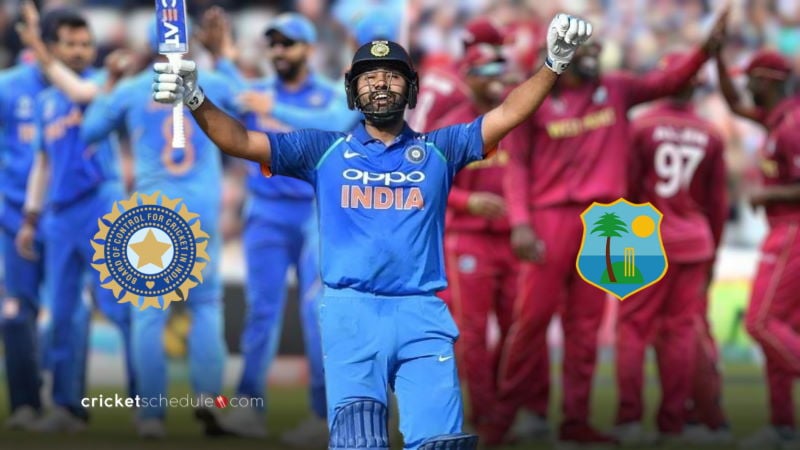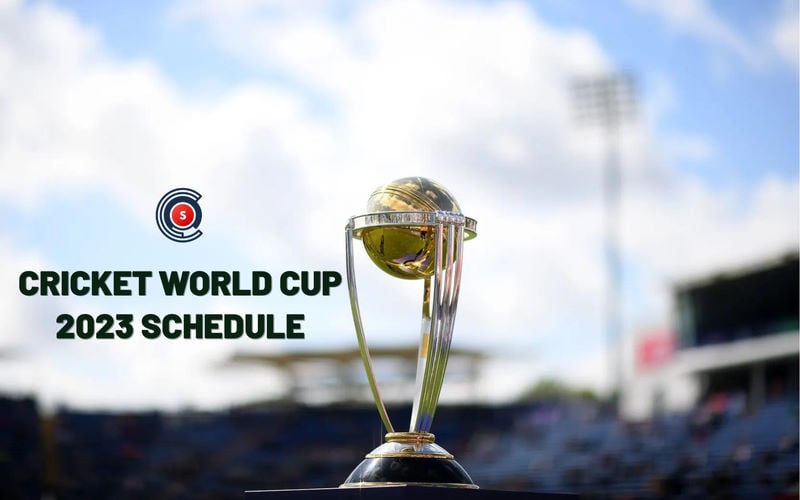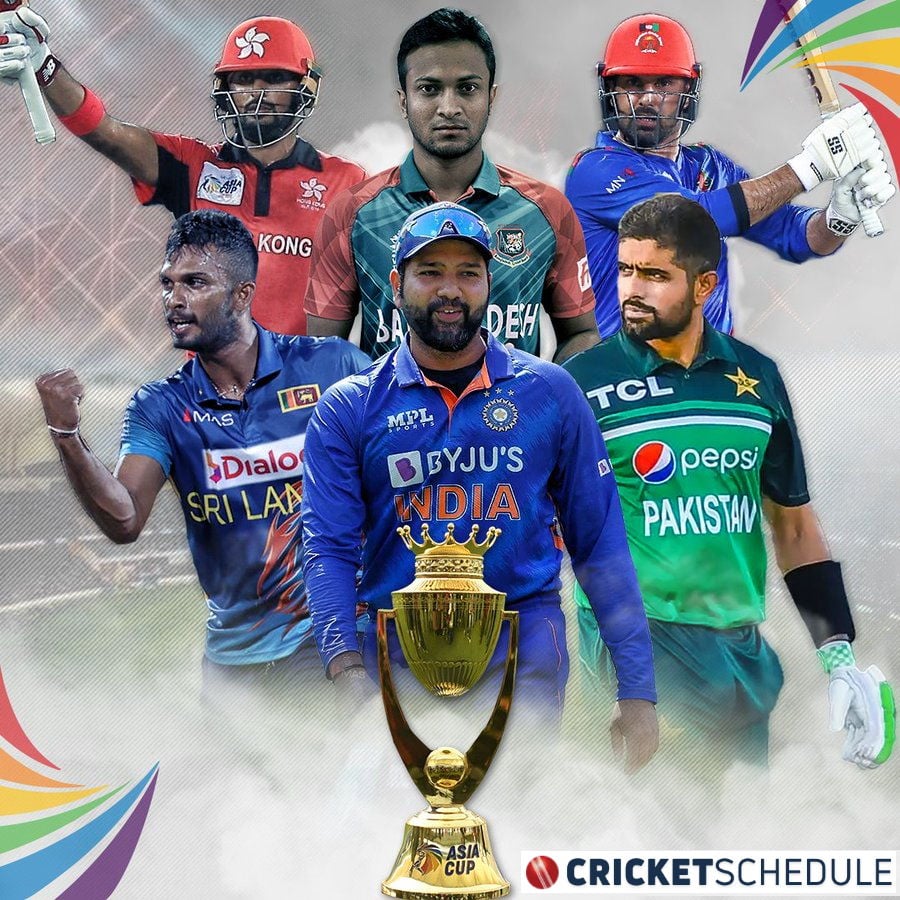
Pakistan’s newly appointed white-ball coach Mike Hesson has clarified the roadmap for Babar Azam and Shaheen Shah Afridi to re-enter the national T20I squad, emphasizing performance improvements and role clarity as central to their return. Both senior players were left out of Hesson’s first T20I squad, which convincingly defeated Bangladesh 3-0 at home last month, raising questions about their future in the shortest format.
Despite their absence from recent matches, Hesson confirmed that Babar and Afridi remain central to Pakistan’s long-term plans, especially with the ICC Men’s T20 World Cup set to take place next year in India and Sri Lanka. Currently, both players are participating in a training camp in Karachi alongside other squad members preparing for the upcoming three-match T20I series against Bangladesh in Mirpur.
ALSO READ
Addressing speculation, Hesson dismissed the idea of Babar being considered as a wicketkeeper, stating that his role in the team remains as a top-order batter. He is currently in direct competition with Fakhar Zaman and Saim Ayub for one of the two opening spots. Hesson acknowledged Babar’s experience but noted that strike rate is a critical factor in modern T20 cricket, and Babar’s strike rate of 129.81 lags behind Fakhar’s 133.49 and Ayub’s 138.48.
Hesson explained that improving strike rate without compromising consistency is key for Babar’s resurgence. He noted that while Pakistan has strong individual players, the team’s low global ranking in T20 cricket reflects their underwhelming batting strike rates. He pointed to the recent Bangladesh series as a shift toward a more aggressive and expansive style of play, aligning with global standards.
“Babar is among several players with the ability to improve. In the last month, he has made meaningful changes. It’s not just about increasing from 125 to 150 strike rate, but about offering more to ensure we aren’t 30-40 runs short,” Hesson explained.
Regarding Shaheen Afridi, Hesson refrained from specifying technical areas of concern but highlighted the need for overall improvement in white-ball performance. Describing Afridi as a world-class bowler, Hesson stated that the left-armer, like others in the Karachi camp, is being supported to regain form and make a meaningful impact when recalled.
“Players go through form cycles. It’s our responsibility as coaches to get the best players on the field, help them regain their peak, and ensure they deliver when playing for Pakistan,” Hesson said.
With a year to go until the T20 World Cup, Hesson’s focus on performance-based selection and modern playing standards signals a transformative phase for Pakistan’s white-ball squad, offering experienced players like Babar and Afridi a clear yet demanding path back into the fold.

 T20 World Cup
T20 World Cup






